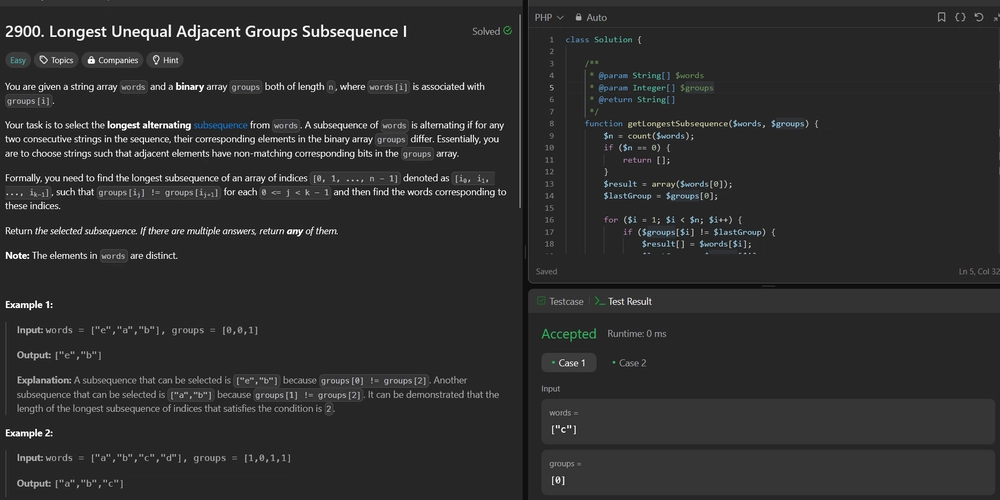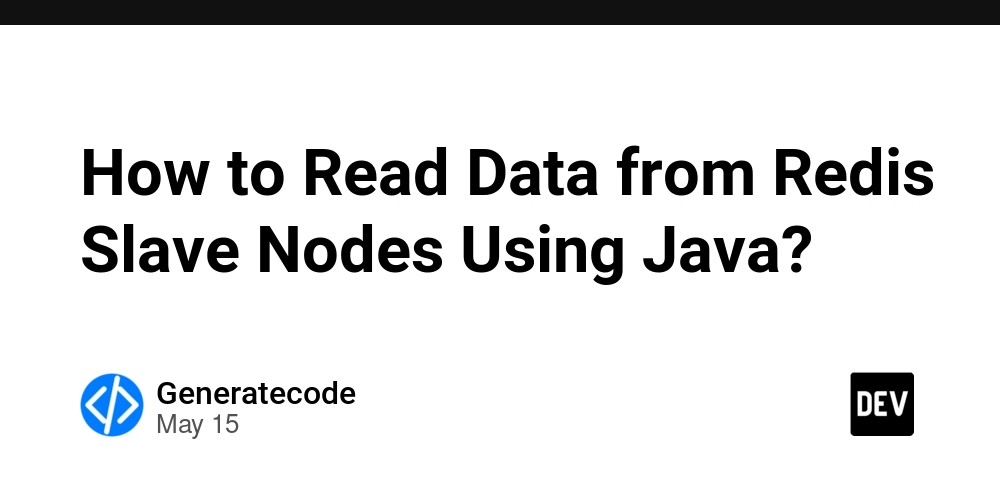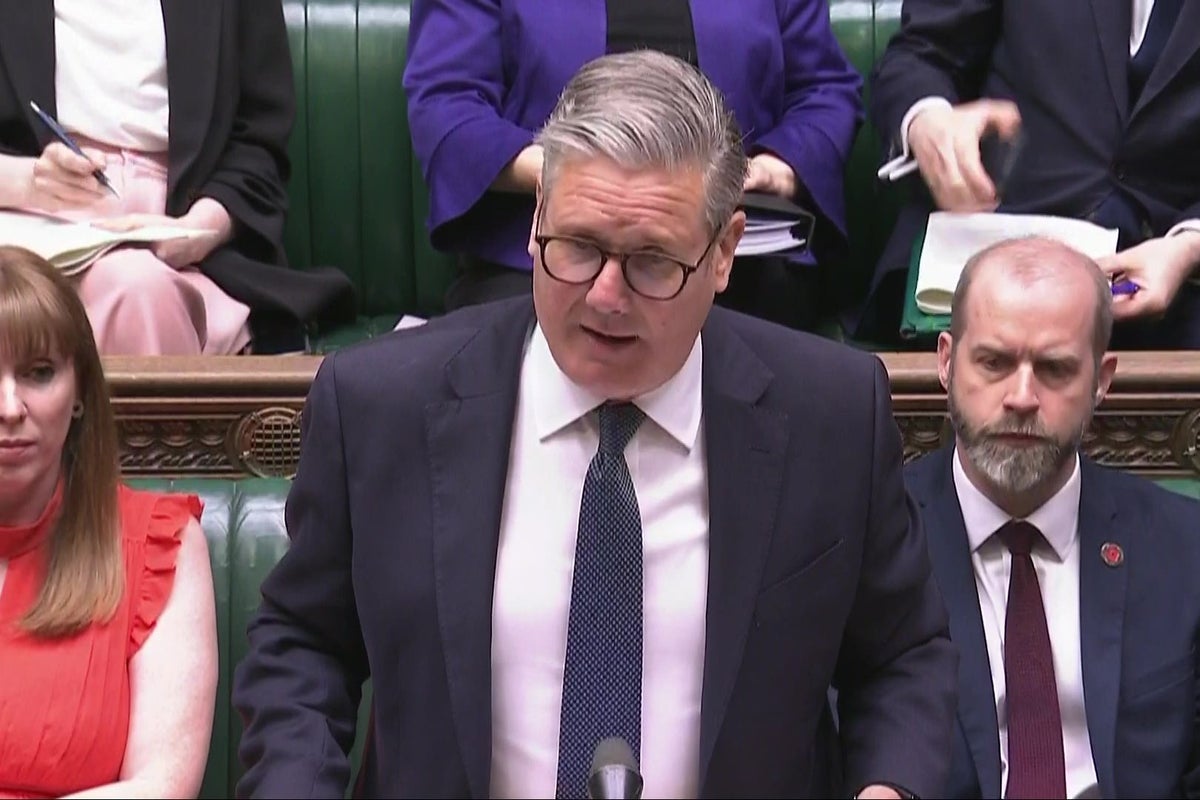ICE Duped a Federal Judge Into Allowing Raid on Columbia Student Dorms
The Intercept helped unseal an affidavit revealing how ICE got a “judicial fig leaf” to search two Columbia students’ dorm rooms. The post ICE Duped a Federal Judge Into Allowing Raid on Columbia Student Dorms appeared first on The Intercept.

As part of the Trump administration’s targeting of Columbia University students for deportation, a high-ranking Immigration and Customs Enforcement agent submitted a wildly inaccurate affidavit to a federal judge to get a search warrant, newly unsealed court records show.
The affidavit misstated basic facts and federal law, attorneys told The Intercept, but the judge nonetheless signed off and authorized ICE to search two students’ dorm rooms based on the assertion that Columbia might be “harboring” them in violation of federal law.
Pointing to decisions of the State Department to revoke one student’s visa and the other’s green card, ICE argued they were in the U.S. unlawfully. But neither ICE nor the State Department have the authority to determine whether someone is in the U.S. lawfully; they need an order from an immigration judge first. On top of that, ICE’s affidavit didn’t offer evidence that Columbia took any concrete steps to hide the students, only that university officials refused to let agents on campus to arrest them without judicial warrants.
“This affidavit is seriously problematic, and it’s extremely troubling that it would be offered to a federal court,” said David Leopold, an immigration attorney uninvolved in the case who reviewed the materials, in an emailed statement.
“The entire basis for the criminal warrant was wrong,” wrote Aaron Reichlin-Melnick, a senior fellow at the American Immigration Council also uninvolved in the case, in a social media post.
The affidavit was unsealed in federal court on Tuesday as part of a lawsuit by Columbia student Yunseo Chung, a lawful permanent resident whose green card the Trump administration is trying to revoke based on her arrest at a campus Gaza protest earlier this year. In a March 7 order, Secretary of State Marco Rubio invoked an arcane legal provision he has used against other students with critical views of Israel, determining that Chung’s presence in the U.S. would “have potentially serious adverse foreign policy consequences.”
Chung, 21, who is originally from South Korea and has lived in the U.S. since she was 7 years old, alleges she has been targeted in violation of her First Amendment and due process rights, and that ICE obtained the warrant to search her dorm room under “false pretenses.”
“The agent’s sworn statement confirms that, under the guise of investigating Columbia, ICE’s goal all along was to arrest Yunseo, a permanent resident whose only apparent offense was participating in a protest related to Palestinian human rights,” said Ramzi Kassem, a law professor at the City University of New York and co-director of CLEAR, a legal nonprofit and clinic that represents Chung. “Even the minor protest-related charges that ICE cites in its affidavit have since been dismissed.”
ICE and Columbia did not reply to The Intercept’s request for comment about the search warrants.
A Judicial Fig Leaf
The unsealed materials confirm that the federal anti-harboring statute was the sole legal justification that ICE offered to support probable cause of a federal crime. The ICE agent alleged that Columbia was “concealing, harboring, or shielding from detection removable aliens.”
“The government wanted a judicial fig leaf to enter Yunseo’s apartment and unconstitutionally arrest her.”
“Secretly and unconstitutionally, the government supposedly revoked Yunseo’s green card and then told a judge it needed to search her apartment for ‘fruits and instrumentalities’ of Columbia University’s alleged ‘harboring’ of her,” said Joshua Colangelo-Bryan, an attorney at Human Rights First who also represents Chung. “In other words, the government wanted a judicial fig leaf to enter Yunseo’s apartment and unconstitutionally arrest her.”
In his March 13 affidavit, George Ioannidis, an assistant special agent in charge of ICE’s Homeland Security Investigations in New York, wrote that he expected the searches to yield evidence that Columbia had “harbored” Chung and another student, Ranjani Srinivasan, whose student visa the State Department had revoked a week earlier.
But Srinivasan, originally from India, had already left the country by the time ICE sought a warrant to search her room, as the Department of Homeland Security blared in a triumphant press release and Ioannidis himself noted in his affidavit.
“Obviously, Columbia was not harboring someone who had left the country,” attorney Nathan Yaffe, who represents both Srinivasan and Chung, told The Intercept. “This is essentially saber-rattling by ICE, a warning shot meant to send a message to people who protest and members of their community.”
More fundamentally, the anti-harboring statute requires that the “harbored” person must actually be in the country unlawfully and that the alleged “harborer” must take active steps to conceal that person from authorities.
ICE’s claim that revoking Srinivasan’s student visa made her presence in the country unlawful was “flat out false,” Leopold said. “Only an immigration judge can make that ruling if the person has been lawfully admitted to the U.S.”
“Revoking a visa does NOT make someone immediately present without lawful status,” Reichlin-Melnick summarized. “That is absolutely false and ICE misrepresented this to the court.”
Similarly, until an immigration judge ordered otherwise, Chung was in the country entirely lawfully as a permanent resident.
“The statute is clear that if a person has legal status in the US, it is impossible to harbor them. ICE’s affidavit confirms that Ms. Chung is a permanent resident — meaning she has legal status,” Yaffe said. “Thus by ICE’s own admission, there’s no good faith basis for ICE to have sought a harboring warrant related to Ms. Chung.”
“By definition,” Reichlin-Melnick wrote, “Columbia can’t have been ‘harboring’ them.”
Columbia’s Refusal to Comply
Ioannidis also did not provide facts to indicate Columbia had taken any active steps to conceal either student.
His affidavit recounts the Trump administration’s efforts to convince the university to allow ICE agents to come onto its property to arrest Chung and Srinivasan. By policy, Columbia only allows immigration agents into nonpublic areas of campus if they have a judicial warrant, which ICE did not yet have.
The government sent Columbia demands and administrative warrants regarding both students, but the university “refused, and continues to refuse, to permit immigration officers to locate and arrest” them, Ioannidis wrote in his affidavit.
Columbia’s refusal was the sole basis that Ioannidis offered, under penalty of perjury, as probable cause that its actions constituted “harboring.”
“Refusing to comply with an administrative warrant to conduct a search of one’s private property is not and cannot be a criminal offense,” wrote Columbia Law School professor Jamal Greene in a social media post about the search warrant materials.
Leopold explained, “Compliance with an administrative warrant is not mandatory. The law provides no consequences for failure to comply. Penalties may only be issued if a federal court orders compliance and the subject fails to comply.”
After the materials were unsealed, there was widespread concern at how Magistrate Judge Robert Lehrburger could have signed off on such a flimsy search warrant application.
Given the government’s “essentially unprecedented” basis revoking Chung’s green card, wrote Colangelo-Bryan, “One would think a court would have wanted to drill down on that more before signing off on the warrant.”
Chung first asked the district court judge overseeing her lawsuit to unseal the search warrant materials in early April. After Chung’s request went unanswered for weeks, The Intercept filed a letter emphasizing the public’s interest in the materials, which the New York Times also supported. On May 5, District Judge Naomi Reice Buchwald ordered the government to begin the unsealing process.
“The affidavit in support of the warrant is yet another example of the administration making clear that it won’t let details like legality and facts stand in the way of its campaign of political repression,” Yaffe said. “As we continue to get more information through discovery about the administration’s misconduct here, we’re confident Ms. Chung’s legal claims will continue to be vindicated.”
Unlike others targeted for their ties to Gaza protests, Chung has not been detained despite ICE’s efforts, and Buchwald issued an order in March prohibiting the Trump administration from arresting her. Oral argument in her case is currently scheduled for May 29.
The post ICE Duped a Federal Judge Into Allowing Raid on Columbia Student Dorms appeared first on The Intercept.

















































































